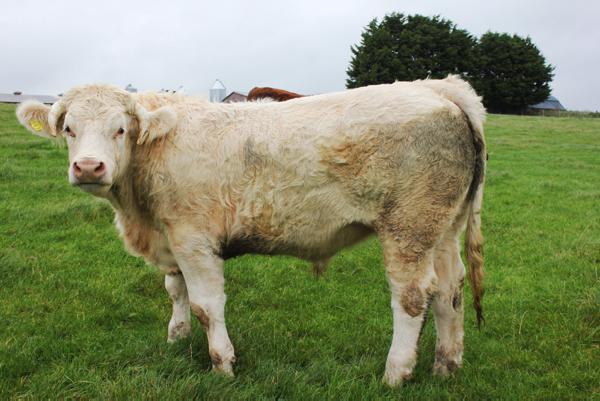It is now 25 years since the Livestock and Meat Commission (LMC) officially launched the NI beef and lamb farm quality assurance scheme (FQAS).
The idea came about in the early 1990s in discussion with Dutch supermarket chain Albert Heijn. What started out as a ‘‘code of practice’’ in 1990, ended up with a formal assurance scheme in place by 1992.
The scheme was a crucial part of the growing business with Albert Heijn, which was exclusively supplied with NI beef under the Greenfields brand owned by the LMC. By the mid-1990s, NI beef price was the highest in Europe. At the time, the NI beef industry was the envy of all our near competitors.
Of course, BSE brought the good times to an abrupt halt, and with NI locked out of export markets, the LMC had little option but to allow the Greenfields brand to be serviced by beef from the Republic of Ireland. While the LMC might still own Greenfields, it is now clearly an Irish brand.
In the early years, FQAS was a major point of difference for the NI beef industry. But as others have caught up, the difference has been eroded, and supplying farm-assured beef and lamb is now a pre-requisite for doing business with best-paying customers. As farmers, we might complain about some aspects of the inspection process, but there isn’t a realistic alternative. Penalties of up to £150 per head at slaughter reinforce that point. However, it should still be recognised that being a member of an assurance scheme generally means that a farmer is less likely to receive a cross-compliance or food hygiene inspection from DAERA.
So can NI beef again find a point of difference in the marketplace? Given Brexit, there are probably more pressing issues for now. Unrestricted access to the British market is crucial, backed up by access to other non-UK markets to sell lower-value cuts.






 This is a subscriber-only article
This is a subscriber-only article










SHARING OPTIONS: